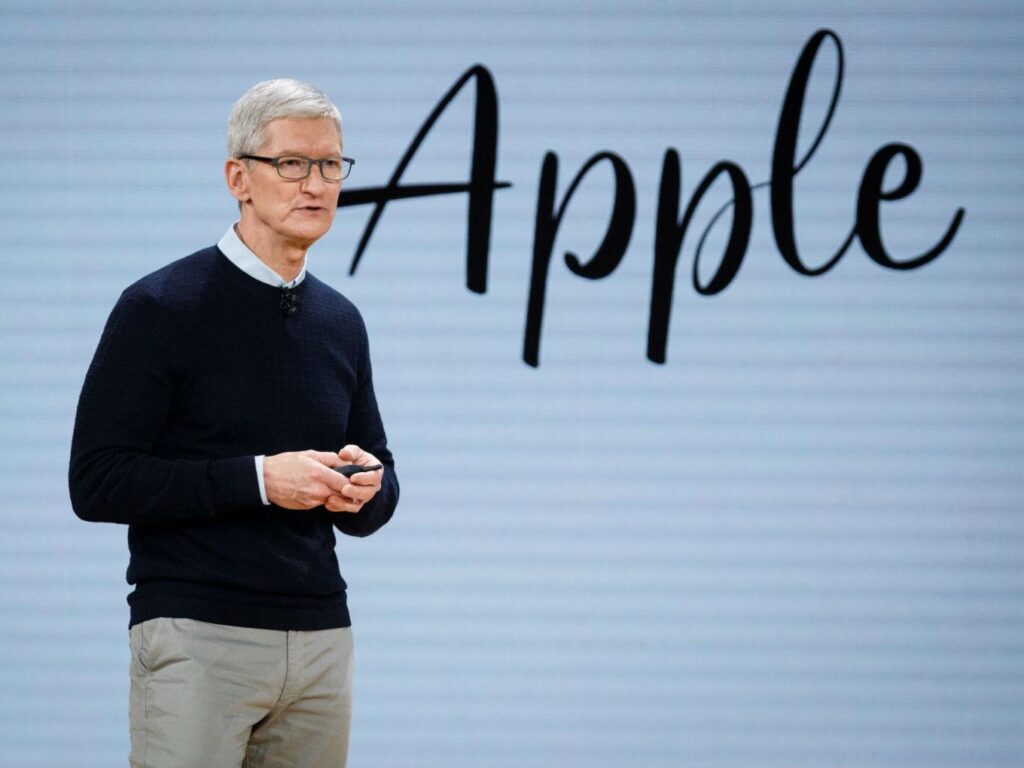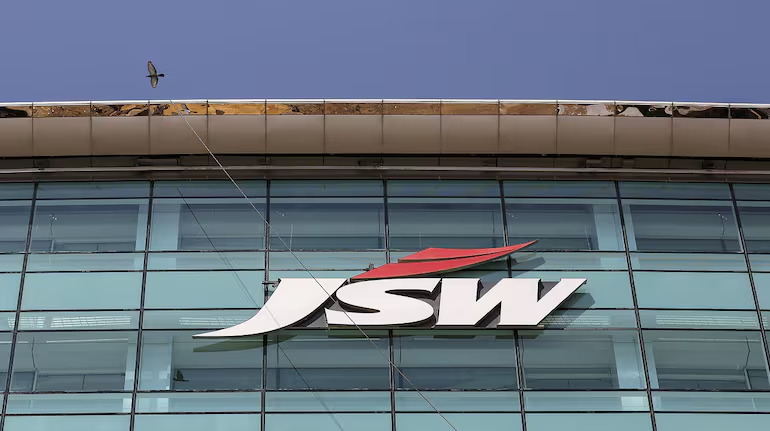When it comes to Apple’s global manufacturing strategy, many assume the reason the company builds its iconic iPhones in China is simple: cheap labor. But Apple CEO Tim Cook recently shattered that myth in a 2024 viral video where he explained the real reasons behin Apple’s long-standing reliance on China for production. It has little to do with cost and everything to do with capability.
From a skilled workforce to advanced tooling, Cook emphasized that China offers an ecosystem unmatched by any other country. As trade tensions between the U.S. and China escalate, and leaders like Donald Trump push for domestic production, it’s important to understand why Apple—and many others—still choose China. Here are five key reasons WHY Apple continues to build in China.

Tim Cook explaining
why Apple manufactures in China
1. It’s Not About Cheap Labor Anymore
Tim Cook made it clear in his recent statement that the widely held belief about low wages being the driving force behind Apple’s choice of China is outdated. “China stopped being the low labor cost country years ago,” he said. Labor might once have been a factor, but today, cost isn’t the main appeal—capability is.
2. China Has an Unmatched Scale of Skilled Labor
IPHONE manufacturing demands aren’t just about volume—they’re about precision and skill. Cook pointed out that in China, the concentration of skilled tooling engineers is vast. “In the U.S., you could probably fill a room with tooling engineers. In China, you can fill multiple football fields,” he said. This kind of vocational depth simply doesn’t exist elsewhere.

3. Advanced Tooling Capabilities
Building an iPhone requires cutting-edge tooling and materials science. According to Cook, the precision involved in the process means that Apple needs partners with the best-in-class facilities and knowledge. China offers both. “The products we require need advanced tooling and the precision… that is state-of-the-art,” he explained.
4. A Mature and Reliable Supply Chain
China’s manufacturing ecosystem has been built over decades and now includes a deeply interconnected supply chain of components, assembly lines, and logistics. This infrastructure allows Apple to scale production quickly and reliably. It’s not just about building; it’s about delivering millions of units flawlessly across the globe.
5. America Isn’t Manufacturing-Ready Yet
While political leaders like Trump are pushing companies like Apple to bring manufacturing home, Cook subtly pointed out that the U.S. still lacks the readiness. The talent pool in certain specialized areas, such as tooling, is too shallow. And building up that ecosystem would take years and significant investment. Apple has committed $500 billion to U.S. manufacturing over the next four years, but experts say it may still fall short of replicating what China already has.
Conclusion:
Tim Cook’s candid explanation highlights that Apple’s choice of China is based on strategic advantages rather than simple cost-saving. The sheer scale of skilled labor, the sophistication of tooling, and the strength of supply chains are factors the U.S. currently cannot match. While political pressure may accelerate reshoring efforts, the transition won’t be immediate or easy. Apple’s approach is a case study in why global manufacturing remains complex—and why China continues to lead in this space.
Disclaimer:
This article is for informational purposes only. MoneyFlowInsight does not provide legal, financial, or professional advice. Please verify facts through official sources before taking any action.






4 thoughts on “5 Reasons Why Apple Builds iPhones in China—and It’s Not Cheap Labor”